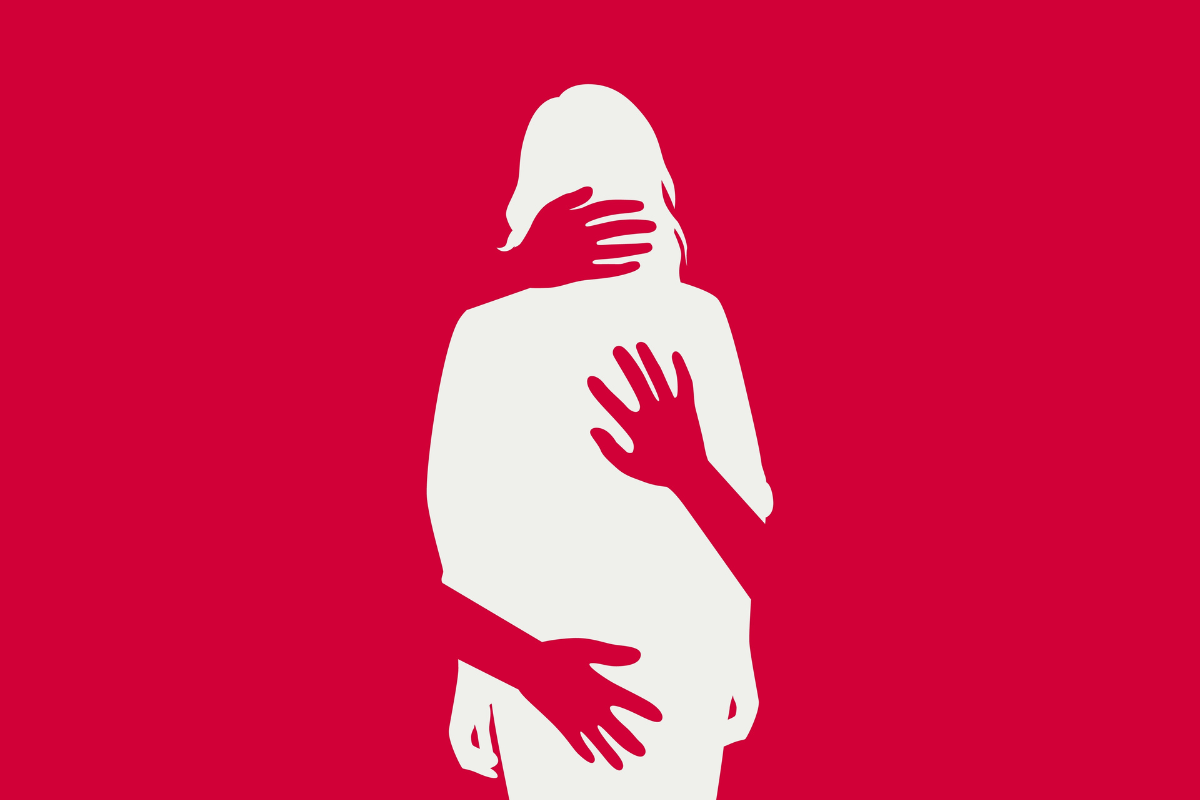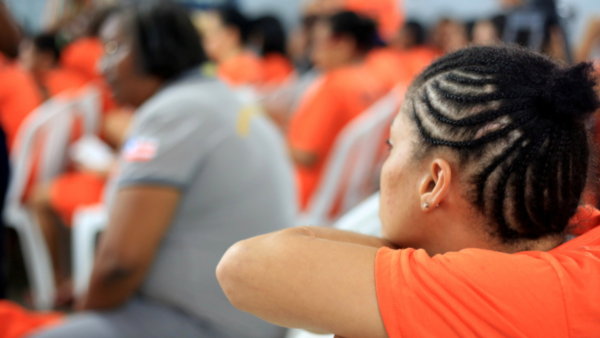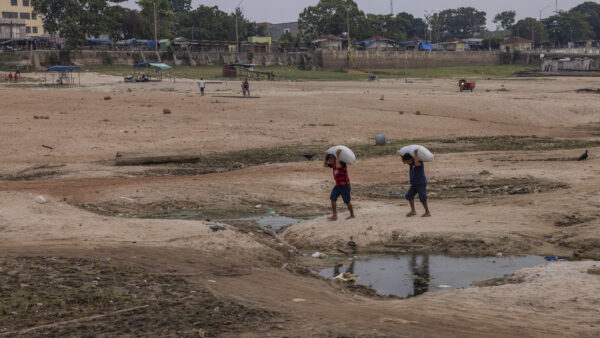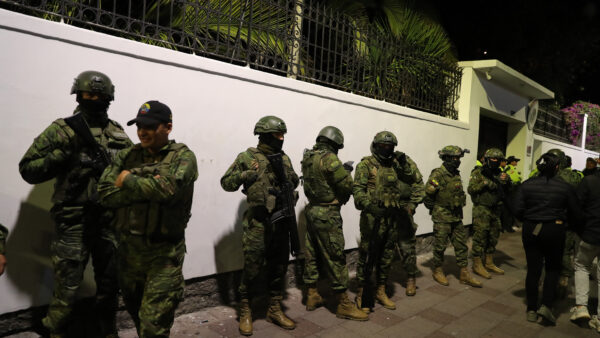Almost 62 percent of children and teens who were victims of rape in Brazil in 2022 were black. The racial disparity is replicated across multiple age groups and has deepened in the past decade, according to a study by the Racial Studies Center at Insper, a São Paulo-based business school.
According to the survey, black girls were victims in 50.6 percent of registered rapes of children and teenagers in 2010, while white girls represented 34.6 percent of those victims — a percentage that fell to less than 31 percent in 2022.
Considering all age groups, most of the almost 40,000 cases registered in 2022 (a number that has increased fivefold since 2010) involved black girls up to 17 years of age as victims (40.1 percent) — who represent only 13 percent of the Brazilian population.
The findings come as the conservative caucus in Congress tries to make Brazilian abortion laws stricter. A bill recently placed under discussion would equate abortions after the 22nd week to murder (even for victims of rape). Women who terminate a pregnancy would face prison sentences of between six and 20 years — while the maximum sentence for rape in Brazil reaches ten years.
Factors such as the greater social vulnerability of black women of all ages help explain this discrepancy, the researchers say. With less access to high-paying jobs, they tend to be more financially dependent on their partners — which makes separation difficult.
About half of child and teenage sexual violence cases reported to the authorities were perpetrated by people within the victim’s family circle.
The history of violence against black women in Brazil, a country marked by centuries of slavery and rape of enslaved women, is another factor in this scenario. “There is also this issue of ultra-sensualizing black women, placing them as sexual objects, as lascivious … They are so dehumanized that even violence against them is somehow justified,” said Djamila Ribeiro, a researcher on the subject, in an interview in 2016, when surveys already showed an increase in cases of sexual violence against black women.


 Search
Search











































